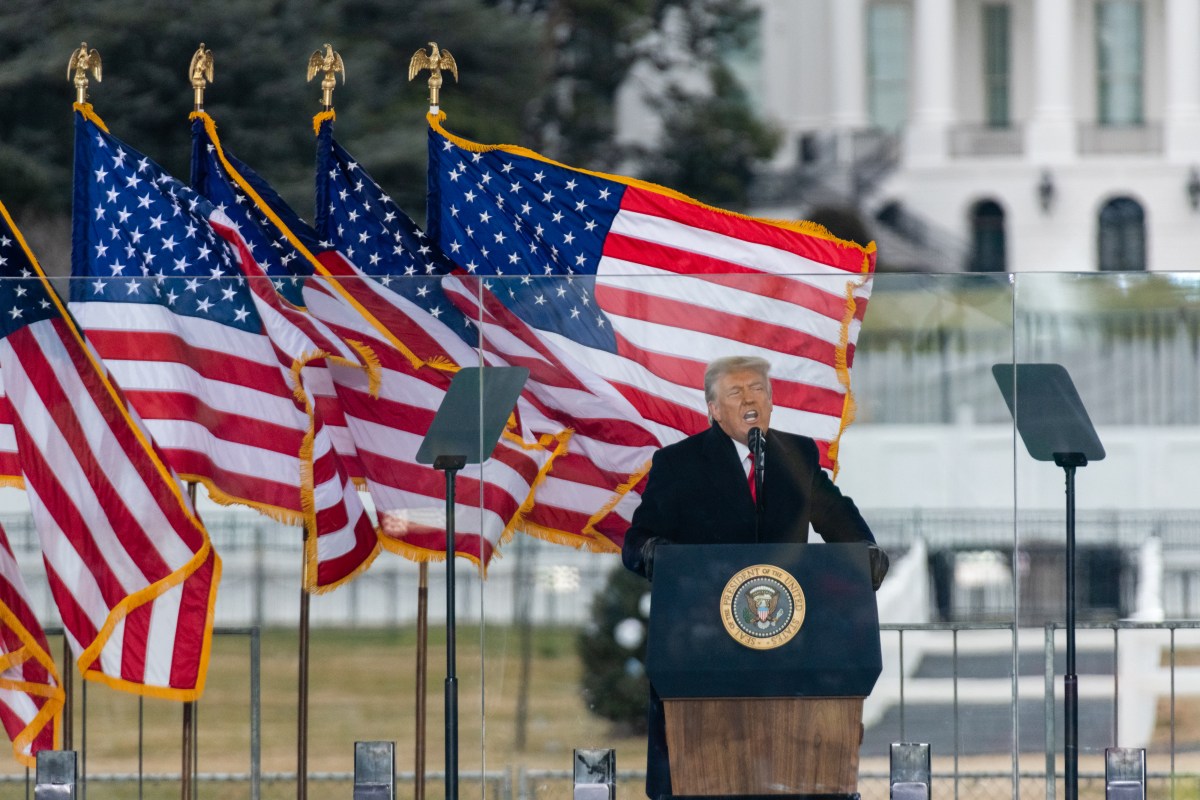Trump Administration Challenges Biden and Obama Cybersecurity Policies

In a significant move, President Donald Trump has signed an executive order that revises and rolls back cybersecurity policies established by former Presidents Barack Obama and Joe Biden. This decision marks a shift in the approach towards national cybersecurity strategies.
The Trump administration's White House fact sheet criticizes Biden’s Executive Order 14144, which was signed just days before the end of his presidency. The administration claims that Biden's order attempted to introduce "problematic and distracting issues" into cybersecurity policy.
One of the key elements of Biden’s order was to encourage agencies to accept digital identity documents for public benefit programs requiring ID. However, Trump has removed this provision, arguing that it could lead to "widespread abuse" by allowing illegal immigrants to improperly access public benefits. Mark Montgomery, a senior director at the Foundation for Defense of Democracies, expressed concerns that focusing on digital ID mandates overlooks proven cybersecurity benefits.
Trump's order also eliminates Biden’s requirements related to artificial intelligence (AI). These included testing AI for defending energy infrastructure, funding AI security research, and directing the Pentagon to use AI models for cybersecurity. The White House states that its new AI strategy focuses on identifying and managing vulnerabilities rather than censorship, addressing concerns from Trump's Silicon Valley allies about AI "censorship."
Additionally, the order removes the mandate for agencies to adopt quantum-resistant encryption and the requirement for federal contractors to attest to the security of their software. The administration describes these as "unproven and burdensome" processes that prioritize compliance over genuine security investments.
Going further back, Trump's executive order repeals Obama-era policies on sanctions for cybersecurity attacks, limiting them to "foreign malicious actors." The White House argues this change will prevent misuse against domestic political opponents and clarify that sanctions do not apply to election-related activities.